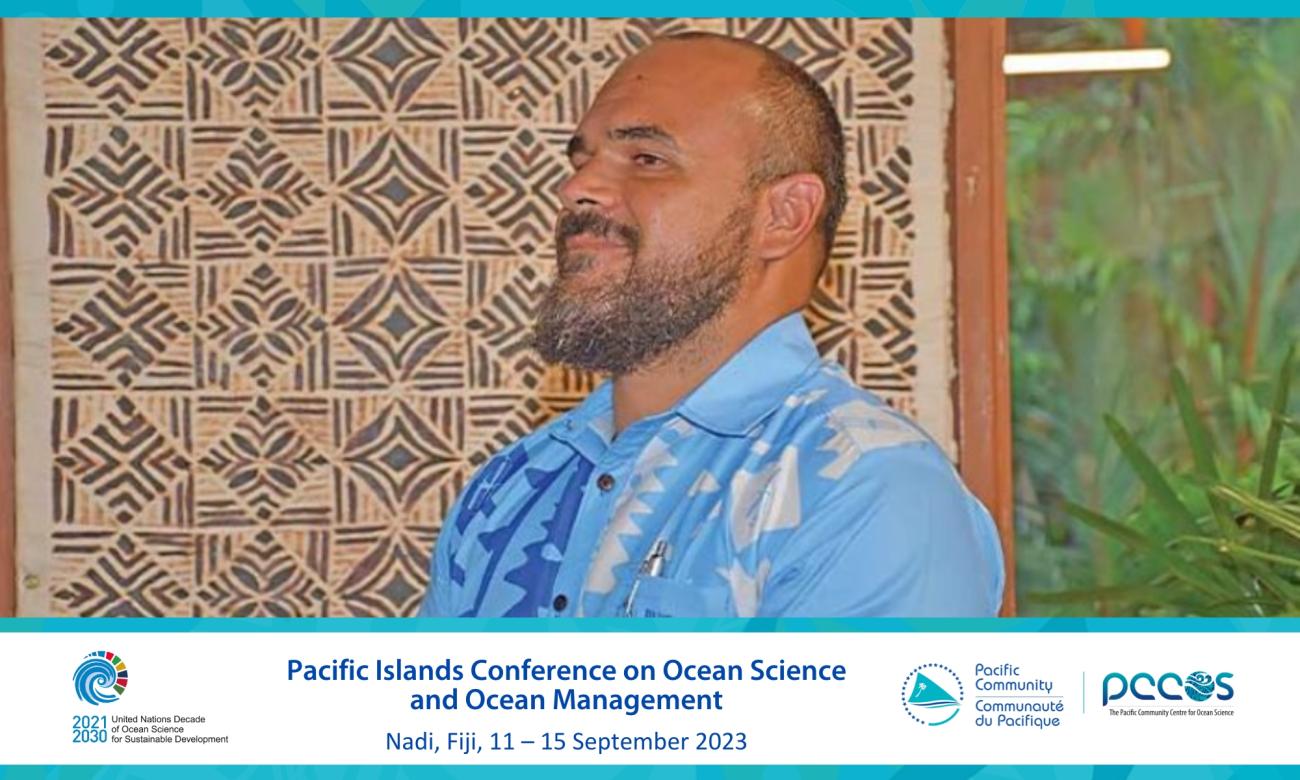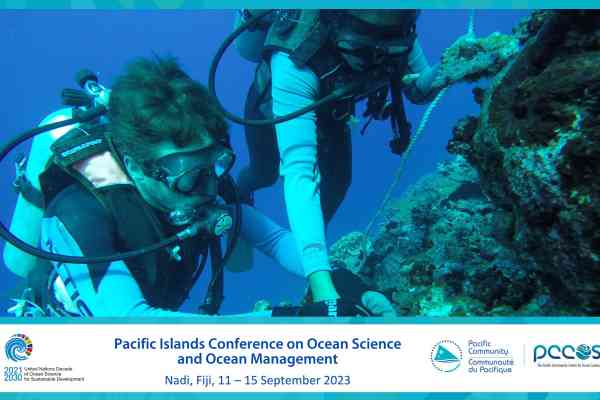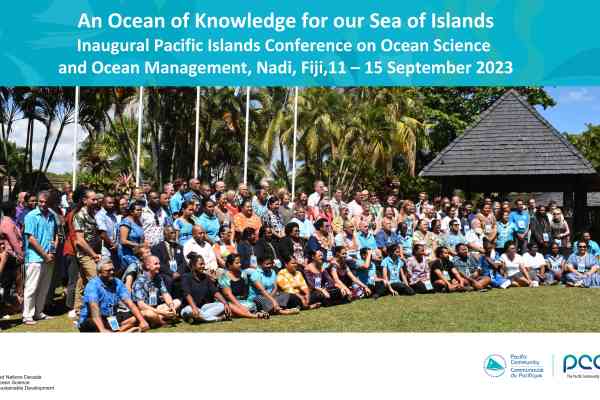(contenu disponible en anglais uniquement)
Plastic Crisis: Cannot Be Business As Usual Anymore
EXPERT SAYS IF NOTHING IS DONE, WE WILL CONTINUE TO DROWN IN PLASTICS EVEN MORE THAN WE ARE NOW | ‘Turn off the tap and lessen the number of plastics that are being imported and used’.
Fiji and the Pacific are facing a plastic pollution crisis and if the business-as-usual scenario continues, we are going to be drowning in plastics even more than we are now.
This was the statement made by researcher and Blue Prosperity Fiji Environment coordinator Andrew Paris at the sidelines of the Pacific Islands Conference on Ocean Science and Ocean Management in Nadi yesterday.
“You go to the picnic spots on the beaches, plastic. So, our research is verifying, or ground truthing an issue that we knew all along,” Mr Paris said.
“It is not just research from Fiji in the Pacific. Its global data sets that are also putting numbers to the problem that we all knew about.
“So there are reasons why we have, we’re facing a plastic pollution crisis, that’s unique. We do not have the capacity to deal with all the plastic waste that we are producing right now.”
He added that while there was some political will to address the issue in the region, it was still not enough.
Research
He also shed light on his research, which found plastics on sea creatures.
“When I started doing my research, so my research around Fiji, I was collecting water samples. I was collecting fish; I collected kai (mussels) from all around Fiji,” Mr Paris said.
“I even went to Tonga and I sailed from Tonga to Fiji and I collected water samples all along the way.
“In a nutshell, we find plastics everywhere in the water, in the fish, in our kai (mussels), all the kai collected in Fiji had at least one plastic in it.

Andrew Paris at work.
“This puts numbers or verifies what we knew all along, that we have a huge plastic issue.”
He added that if particles of plastics were found in food sources, it was certain that people were eating plastics.
“For things like fish studies, our studies were looking at plastics in fish guts,” he said.
“The amount of plastic in fish that is when we catch fish we take out the guts, but when we catch the mussels, we do not cut it.
“So there are certain food sources, certain organisms or marine resources that we that pose more of a threat to human health. However, I also like to point out that in no way I am discouraging the consumption of fresh water edibles.”
He also spoke of the heavy dependency of bottled water by Fijians as water cuts became an ongoing problem.
This he added generated thousands and millions of water bottles, increasing plastic waste when not disposed of properly.
Solutions
He said to solve this issue, pacific island countries needed to turn off the plastic tap.
“Obviously, the political will has to be there, but the political will kind of sit behind some actual solutions,” Mr Paris said.
“Because we do not manufacture many plastics in Fiji and in the Pacific, we need to reduce the number of plastics that are being imported.
“Because right now over the past 10, 20 years, everything nearly everything we are buying all products, all the food we see on the shelves are made of plastic. Everything now seems to be made of plastic.
“Therefore, we are trying to advocate for upstream solutions for plastic pollution. We are not talking about trying to manage the waste, but we are talking about trying to prevent plastics coming in because if you focus on managing solution, you are mopping the floor while the tap is on so we want to turn off the tap. That is the only solution.

Participants of the Pacific Islands Conference on Ocean Science and Ocean Management at the Tanoa International Hotel in Nadi on September 11, 2023. Photo: Pacific Community
“Turn off the tap and lessen the number of plastics that are being imported and used.”
He added that the business could not continue with the business-as-usual scenario.
“We are going to find that plastics will be an number of plastics in our food sources will be much more much more common.”
He said the decision by the Solomon Islands to ban the use of single use plastics was the step in the right direction to solve this problem.
“The pacific should take their cue from that. We do not have recycled plants in Fiji. It has to be shipped offshore for recycling.
“In Fiji, only plastics that are properly recycled are PET bottles.
“If you do not have the necessary policies, laws regulations, we will see what we are seeing now. Plastic crisis!”



